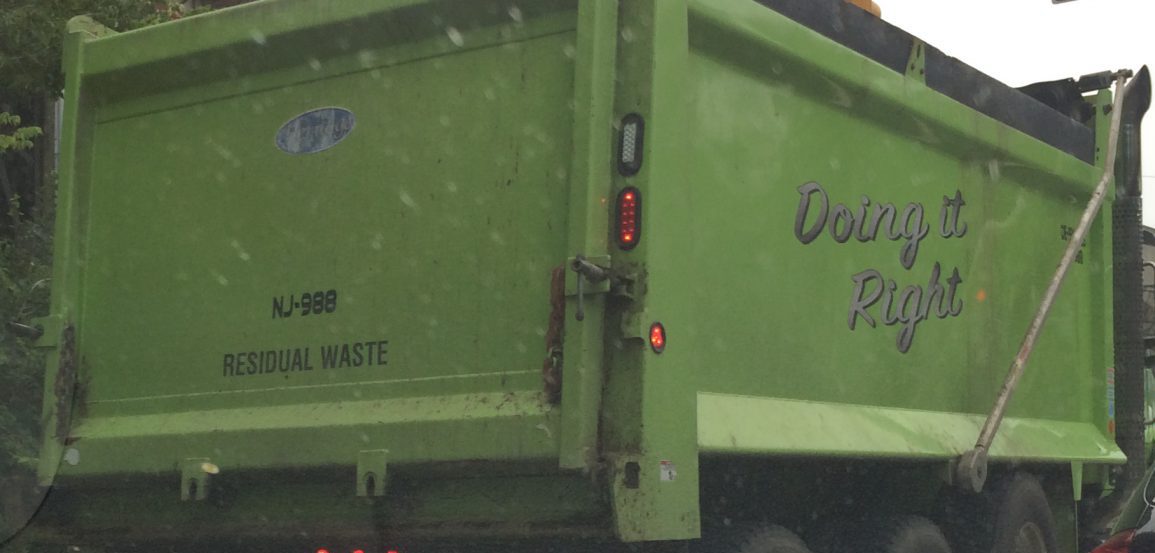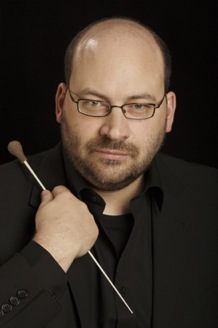People have demanded more Ken Woods. Part 1 can be read here. Here is part 2 of the compelling, hard-hitting interview:
1) You are a member of what I have found to be a pretty small circle that prefers Haydn to Mozart. No one is suggesting Mozart is somehow bad (it’s scientifically impossible to have written Don Giovanni and not be amazing), but Haydn always seems to be dismissed awfully quickly when the subject of greatest composers comes up. So let’s stir up a little bit of controversy here: why is Haydn cooler than Mozart? Why do so few people recognize it?
Haydn was a better painter- he could paint an entire room in one afternoon. Two coats!
Let me tell you this, and you gonna get it straight from the horse. Haydn was better looking than Mozart! He was a better dresser than Mozart! He had more hair! He told funnier jokes and he could dance the pants off Mozart. Sorry, I was confusing Haydn and Mozart with Hitler and Churchill.
http://www.youtube.com/watch?v=AIZKZ3C1ML8
Seriously. Both were great, great composers, but Mozart had a better myth as the “perfect” talent, touched by God’s own grace. Mozart’s best works anticipated and spoke to the Romantic era- the late masterpieces like the 40th Symphony or the Requiem had an obvious relevance for the next couple of generations. Haydn, on the other hand, kind of went over the heads of the Romantics. They didn’t get the jokes because too many of them thought they had actually progressed beyond him. You can’t progress past what you don’t fully understand. Even Mahler seems to not always understand the many layers at work in a Haydn symphony. The way Haydn works with structure, with rhetoric, with expectation, with texture with harmony— it will always be modern, and need a bit of investment on the part of the listener. Fortunately, it is more worth the investment than almost any other music.
At the end of the day, I love both composers, and selected works of Mozart are about my favorite individual pieces of music. However, if I had to pick either the music of Haydn or Mozart to live with for the rest of my life, I’d chose Haydn- he wrote far more music of the highest quality, there is more to discover in most of the pieces, and I just think I would learn more from him in 30 years than from Mozart.
2) Classic desert island scenario where you somehow can still play recordings for eternity (hey, if the Lost island can make a crippled man walk again, why can’t this island be made of batteries?): give me a handful of recordings that you would scramble back into the burning wreckage to retrieve. No restrictions on style or genre.
Could change completely tomorrow….
Miles Davis- Four and More
Jimi Hendrix- Axis, Bold as Love
Rubinstein Plays the Music of France
Dietrich Fischer Dieskau and Gerald Moore- Schubert, Die Wintereise
Hagen Quartet: Janacek String Quartets
Rostropovich/Ormandy- Shostakovich Cello Concerto number 1
Sara Vaughan- Live in Japan
Tom Lehrer- An Evening Wasted with Tom Lehrer
Bernstein/NYP- Mahler, Symphony no. 3
Brahms- Complete Symphonies, Jochum, LPO
Bartok String Quartets- Tackacs Quartet (the original lineup on Hungaraton)
Steve Coleman- Black Science
Carlos Kleiber DVD box set (especially the two New Year’s concerts with the Vienna Phil)
3) The Contemporary Classical Music Conundrum continues to befuddle composers, performers, arts organizations, critics, etc., especially in America. I’ve argued that we have become such a visually-driven culture that the thought of using only our ears to hear something new for 15 or 20 minutes is almost completely alien to us. What are your thoughts? Is there any hope for the contemporary composer, especially of orchestral works? How do you go about finding quality contemporary music to program?
There is plenty of hope, and always reason to write. The world needs great new music. It takes time for great music to get recognized- I think history tells us that we need about 80 years to figure out if something is going to stay important and relevant forever. In the short term, people get too bamboozled by all the arguments over what we should or shouldn’t be writing like. I always tell listeners they most important things they can do to cultivate a love and understanding of new music is to cast a very wide net, avoid getting wedded to one style or school, and to come back to stuff as many times as you can. In other words, if you hear the hot new John Adams premiere and don’t like it or don’t get it, don’t read too much into that. You may like it later. Meanwhile, listen to something different- maybe something more intense or experimental. Maybe something in traditional forms. Then, come back to the Adams a few months or years later. Sooner or later, you’ll start finding lots of stuff you love on first encounter, and other stuff you learn to love. You get to know that liking a piece on first hearing is a good indicator that you’ll continue to like it, but that not liking it on first hearing doesn’t indicate much of anything. That’s pretty much how I find the new music I play.
4) You are a cellist and your wife is a violinist. Besides the fact that both of you work a lot, how do you resist the temptation to constantly play that totally kick-ass Handel/Halvorsen Passacaglia? I would never get anything done if I was in that situation…fortunately no one ever bothered to write a great horn/oboe duet.
Funny- I’ve never, ever played a note of it! Suzanne is a great player, but we try to make collaborations a special occasion- she sight-reads like a freak, so I prefer to be in shape and prepared before we start. You can imagine how often that is the case…


Great interview! Ken looks pretty hardcore in the pic, too. Good all around.